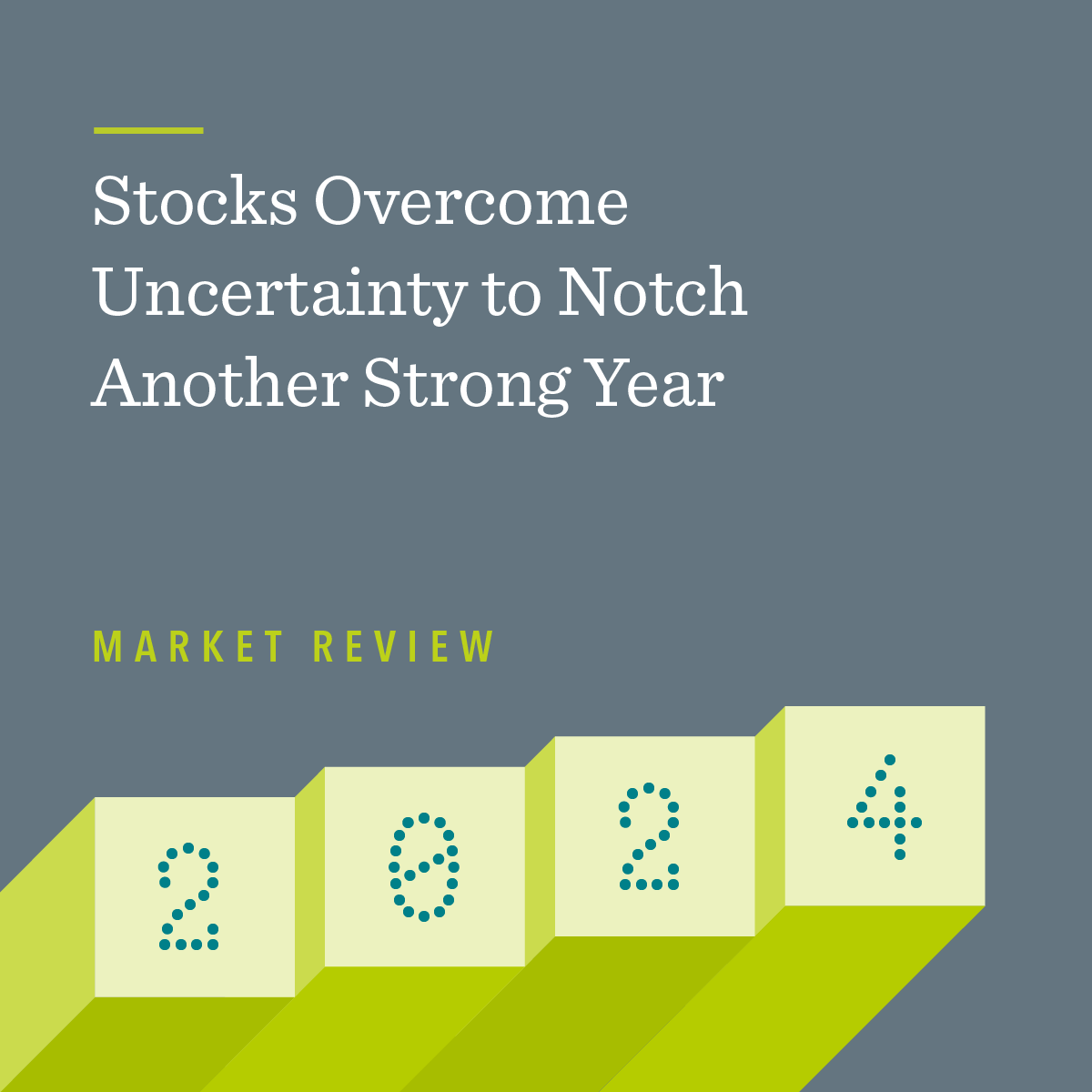A term you will hear when you discuss wealth management is “fiduciary.” But what does it mean to be a fiduciary wealth advisor, and how do they differ from traditional financial advisors who work for large Wall Street institutions?
Today, we’re taking a deeper dive into this topic to show why partnering with a fiduciary financial advisor is one of the most important decisions you will ever make to secure your future financial well-being.
Watch our video “How Working with an Objective Advisor Can Make a Difference.”
The Heart of the Fiduciary’s Duty to You
A fiduciary is a person or organization that holds a position of trust. In this case, fiduciaries are tasked with providing multiple types of advice and services that impact the financial well-being of their clients. The need for trustworthy advice is magnified because advisors tell clients what to do with their money. It’s not just a title; it’s an immense level of responsibility.
Being a financial fiduciary comes with a clear set of legal and ethical obligations that require them to always act in the best interests of their clients. The fiduciary registration also means advisors must disclose any potential conflicts of interest that may damage their clients.
Fiduciary is the highest ethical standard in the financial service industry.
The fiduciary standard is a commitment that establishes a bond of trust between investors and the financial professionals who serve them. This duty requires a fiduciary to be the epitome of integrity, exemplifying the highest standards of care, loyalty, and honesty.
It’s not just about planning, investment, and risk management; it’s about upholding a commitment to ensure that every financial recommendation and service is in the best interests of the financial fiduciary’s clients.
The Promise of Independent, Objective Advice
You want advice and services from a financial expert you can trust. You need both to achieve your financial goals.
One of the most important benefits of partnering with a fiduciary wealth advisor is independent, objective advice and services. Since the fiduciary standard is binding, fiduciary wealth advisors are committed to offering unbiased recommendations and clarifying potential conflicts of interest.
Contrast this with advisors from large financial institutions like brokerage firms, banks, or insurance companies. More often than not, these advisors are not bound by the fiduciary standard. Instead, they are held to a different ethical standard (suitability) subject to significant interpretation. As you might imagine, this lower standard reduces the liability of the financial institutions that employ or license these representatives.
Their advice may not always be in their client’s best interests. For example, they may sell the financial products that pay them and the companies they work for a larger commission. Their clients may be better off with financial products that pay smaller commissions but produce better results for a lower overall expense.
You can avoid these potential conflicts of interest by ensuring your financial advisor is a fiduciary. You may want to get this information in writing so you have documentation of your financial advisor’s fiduciary status. Ask for the regulatory document called an ADV. Form ADV is the uniform form filed by fiduciaries operating under the model of a Registered Investment Advisor and is used by investment advisers to register with both the SEC and state securities authorities. It is that important.
You can avoid these potential conflicts of interest by ensuring your financial advisor is a fiduciary. You may want to get this information in writing so you have documentation of your financial advisor’s fiduciary status. Ask for the regulatory document called an ADV. Form ADV is the uniform form filed by fiduciaries operating under the model of a Registered Investment Advisor and is used by investment advisers to register with both the SEC and state securities authorities. It is that important.
The Comprehensive Fiduciary Approach
When you collaborate with most fiduciary advisors, you’re not just getting advice; you’re getting a comprehensive financial plan. They look far beyond your present circumstances and factor in your:
Concerns, short-, intermediate-, and long-term goals, tolerance for risk, tax situation, and legacy. This comprehensive approach allows the fiduciary advisor to develop a strategy encompassing every facet of your financial journey.
Moreover, their fee-for-service compensation model is intrinsically linked with the results of their clients. They are paid a fee, much the way people pay other professionals (CPAs, attorneys) they depend on for specialized advice and services. This is much different than representatives who are paid commissions to sell the financial products of their companies and third parties.
Summary
Working with a fiduciary wealth advisor near you can provide the financial advice and services you need to achieve your financial goals. For example, they can:
- Not only do they offer advice, but they are legally bound to prioritize your interests, ensuring a partnership that is based on mutual trust.
- Provide unbiased, objective advice. Your best interest always comes first.
- Create tailored, holistic plans that mirror your financial circumstances and goals.
Navigating your financial journey doesn’t have to be stressful. In fact, with the right financial partner, it can be a journey that is based on the pursuit of your financial goals. That is the fiduciary commitment.
Connect with us to learn more about Cogent Strategic Wealth’s comprehensive wealth management solutions for highly successful individuals, families, and businesses.
For informational and educational purposes only and should not be construed as specific investment, accounting, legal or tax advice. Cogent Strategic Wealth provides investment advice only through individualized interactions. Certain information is based upon third-party data, which may become outdated or otherwise superseded without notice. Third-party information is deemed to be reliable, but its accuracy and completeness cannot be guaranteed. Indices are not available for direct investment. Their performance does not reflect the expenses associated with the management of an actual portfolio nor do indices represent results of actual trading. Information from sources deemed reliable, but its accuracy cannot be guaranteed. Performance is historical and does not guarantee future results. Neither the Securities and Exchange Commission (SEC) nor any other federal or state agency have approved, determined the accuracy, or confirmed the adequacy of this article. © 2023, Cogent Strategic Wealth®



